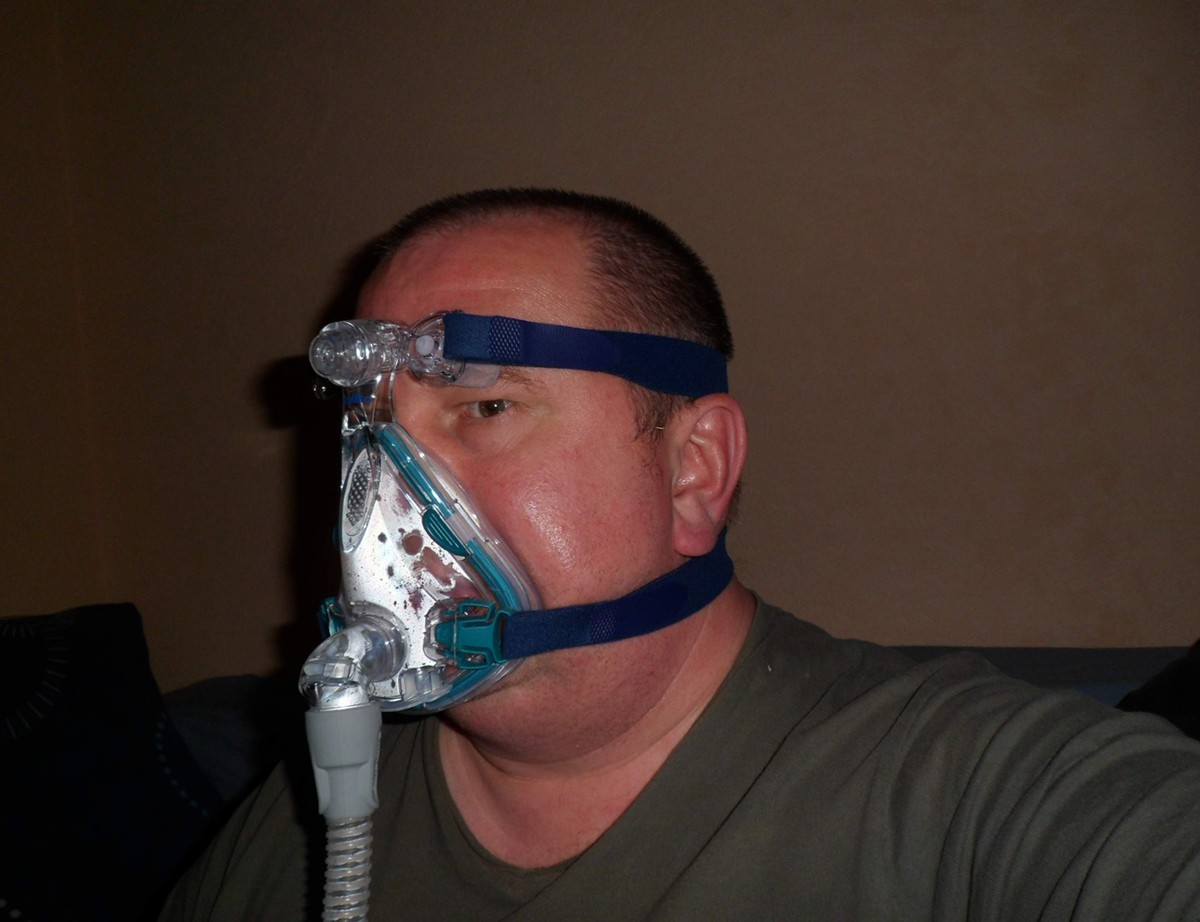
Sleep apnea is a sleep disorder which features with interruption of breathing during sleep. There are two main types of sleep apnea, obstructive sleep apnea and central sleep apnea. In some cases patients may develop a combination of these two types. This is so called complex or mixed sleep apnea. In obstructive sleep apnea the underlying cause is connected with relaxation of the throat muscles while central sleep apnea develops as a consequence of improper sending of the signals from the brain to the muscles in charge with breathing.
Obstructive Sleep Apnea and Its Symptoms
In obstructive sleep apnea the airway collapses and becomes obstructed. Additionally, there is unsuccessful attempt to take a breath. This eventually causes drop in the oxygen level. Once the brain is deprived from sufficient level of oxygen it sends signals and the person wakes up to take a breath.
Insufficient airflow typically occurs in people suffering from deviated nasal septum, swelling of nasal turbinates and those whose uvula is long or floppy. People suffering from obstructive sleep apnea generally have narrower airway. This narrowing is typical at the base of the tongue and palate. If a person is lying flat and the pharyngeal muscles relax the palate falls backwards and may cause obstruction of the airway.
The symptoms of obstructive sleep apnea include excessive daytime sleepiness, problems with memory and concentration due to lack of sleep, constant feeling of tiredness and in some cases certain personality changes. People suffering from obstructive sleep apnea may also experience morning or night headaches and sweating or chest pain while they are sleeping. Loud snoring, restless tossing and turning during sleep are several more characteristics of the condition.
Central Sleep Apnea and Its Symptoms
Central sleep apnea basically affects adults and infants who are already suffering from certain medical conditions such as heart disease, cerebrovascular disease or congenital illnesses. This type of sleep apnea may be also associated with certain medications and occur due to high altitudes. The basic problem in central apnea is that the brain simply does not send proper signal to muscles which control the process of breathing.
In central sleep apnea patients also suffer from excessive daytime sleepiness. There are evident episodes of breathing cessation during sleep and abrupt awakenings accompanied by shortness of breath. Patients may wake up with sensation of dry mouth or sore throat. These patients also complain about morning headaches.
No matter what the cause is sleep apnea must be treated properly. If left untreated sleep apnea increases the risk of high blood pressure, heart attack, stroke, obesity and diabetes. Furthermore, it may be a cause of arrhythmias and is also related to increased risk of having work-related and car accidents.


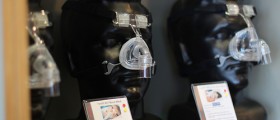

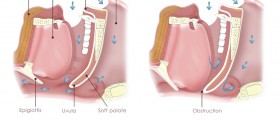
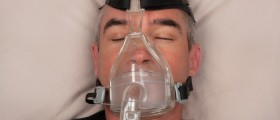
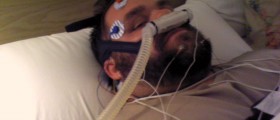
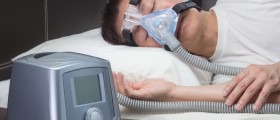
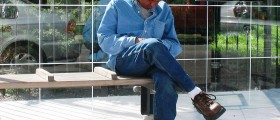
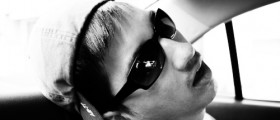
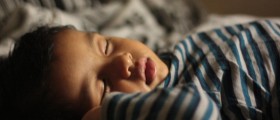
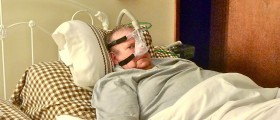
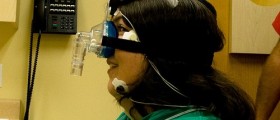
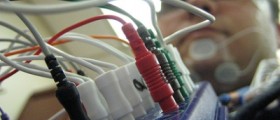
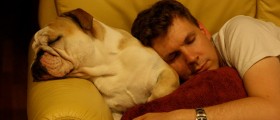
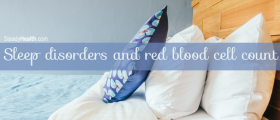

Your thoughts on this
Loading...